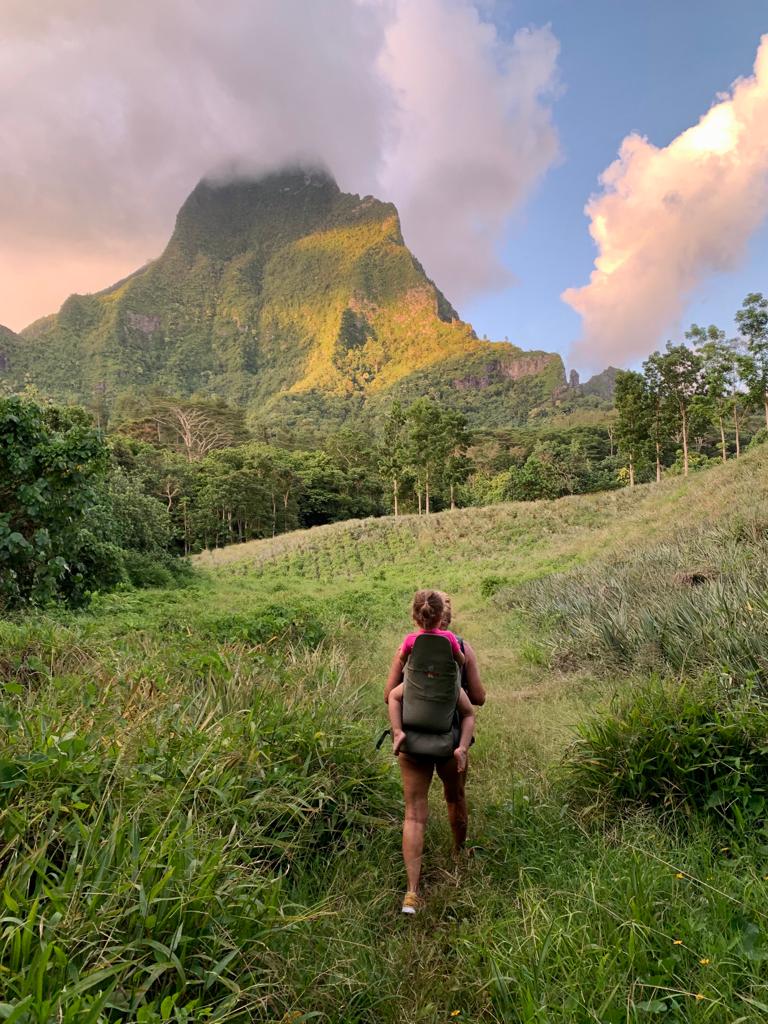Dear Integral Meditators,
Seems like the theme of my articles since the turn of the year seem to be centering around finding strength through softness, the article below offers a slightly different take on this…
Yours in the spirit of mud and blood,
Toby
Upcoming Courses at Integral Meditation Asia :
Special offer for 1:1 Coaching For January at Integral Meditation Asia (Via skype or face to face)
Sunday 1st February – Mindful Self-Leadership: Take Control of Your Life Direction and Wellbeing Through Awareness, Curiosity, Courage and Care
Tuesday 10th February, 7.30-9.30pm – An Evening of Mindful Resilience – Sustaining effectiveness, happiness and clarity under pressure through meditation and mindfulness
Saturday 14th February, 2.30-5.30pm – Mindfulness and Meditation For Creating a Mind of Ease, Relaxed Concentration and Positive Intention
 The Soft Strength of Mud and Blood
The Soft Strength of Mud and Blood
I a meditation that I did last Sunday with a small group, there was a section in the narrative where we visualized ourselves sitting or kneeling in front of a Goddess embodying the energy of death, regeneration & renewal, and were asked to offer her something.
Within my own visualization I found that I had a small locket in the shape of a heart that had been broken in two, so I offered this to her. In return she offered me a small physical heart fashioned from mud and blood. It felt soft, wet, warm and alive in my hand as I held it.
Honouring the brittle and the broken
Often when life is hard on us, we can become hard and brittle in response; we use the part of us that has been hurt, damaged or broken as a shell that we place around us in order to protect ourselves. This is a natural response to difficult challenges, and it is ok to allow ourselves to go through a stage where we withdraw, wounded into this shell. However, there comes a time, if we are interested in regenerating our life, where we have to let go of what is broken, and emerge anew, soft, vulnerable but fully alive into our world again.
The strength of regeneration
If we are able to do this we discover what I would call the strength of regeneration – The experiential knowledge that if we feel destroyed, damaged and hurt today, this is not a problem. If we relax into our experience, withdraw into ourselves and nurture ourselves for a while, we will be reborn again when we are ready, soft, flexible & different, stronger & more vibrant than that which we were previously.
We can use hardness as a shell when we need to, but if we want to really express the depths of our soul in our life as we are leading it from day to day, we need to discover the strength that comes from the softness of mud and blood.
Related Articles:
The Resilience of Gentleness
A Butterfly in the Wind
Life-fullness
© Toby Ouvry 2014, you are welcome to use or share this article, but please cite Toby as the source and include reference to his website www.tobyouvry.com
Integral Meditation Asia
Online Courses * 1:1 Coaching * Life-Coaching * Live Workshops * Corporate Mindfulness Training * Meditation Technology










